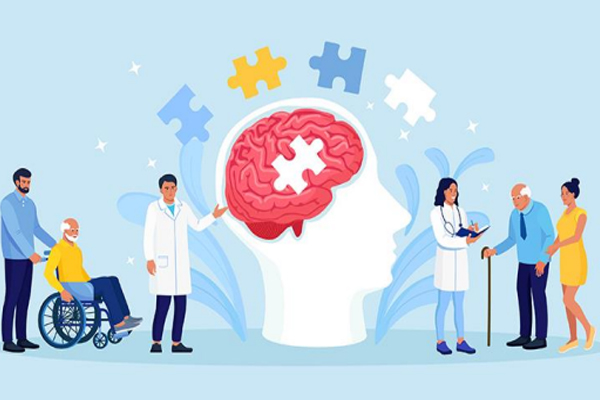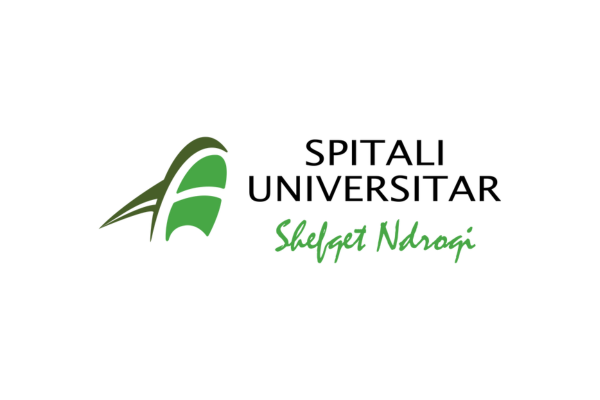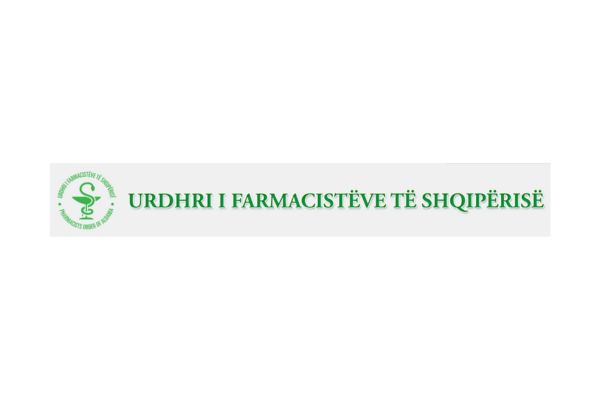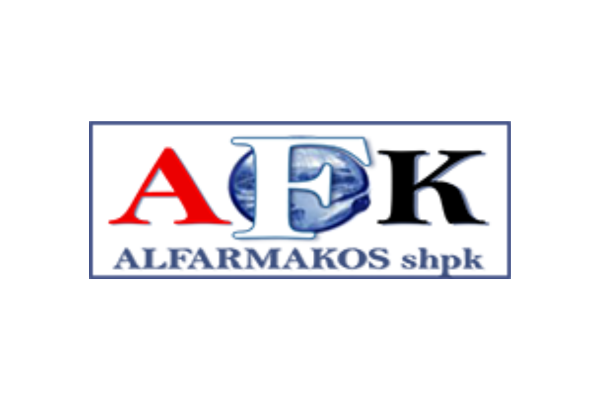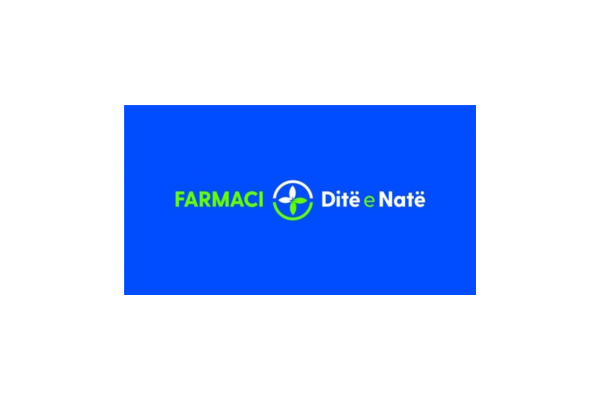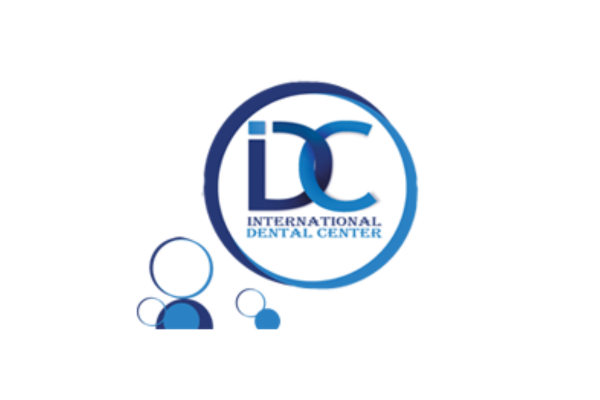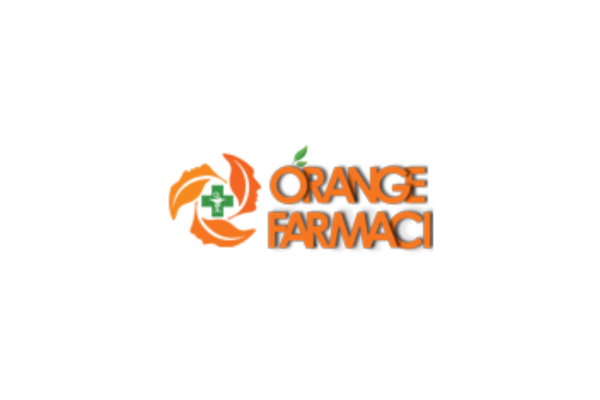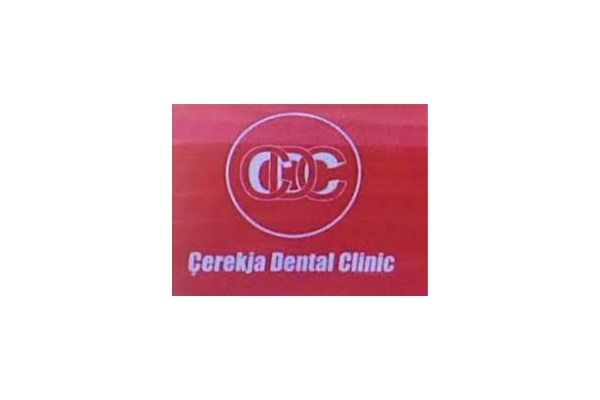Department of Medical Sciences and Health
Programs offered in this Department are:
Master of Science in "Pharmacy"
Master of Science in "Dentistry"
The right orientation of students for employment in the health sector
- Hospital and non-hospital healthcare sectors
- Sectors of good healthcare
- Health planning and financing sectors
- Sectors of health education
- Manufacturing industry
- Private enterprise
The vision is clear to turn the Faculty of Medical Sciences into a destination of the most recognized Albanian academic value, the creation of new fields of study and the promotion of a better future of higher education, for a healthy society and quality better life, through education, scientific research, cooperation and clinical care.
The preparation of health care professionals for the present and the future with contemporary knowledge required by the labor market, through applied research and innovation based on the requirements of the European Union. Connecting and familiarizing students with community health structures, preparing them for the market of work.
The development strategy has as its main focus the education of students closely related to practice and possibly research in medical fields, through cooperation with the largest health centers in the country, social centers, and national and global pharmaceutical industries.
Main directions of activity
Oral and dental health has always been important, these questions increase the importance that society gives to oral and dental health and increase the level of awareness of society.
Aims at alternating different parts of the face or body for aesthetic purposes, correcting and repairing morphological and functional defects or substantial losses of various tissues born or acquired from trauma, tumors or diseases, increasing self-confidence, and creating happier patients.
Scientific discipline that studies natural substances of plant or animal origin, with pharmacological activity. The materials obtained from them, in the modern pharmacy, are used for the production of various medical products such as teas, tinctures, extracts, and powders.
Pharmaceutical technology has developed with galloping steps in recent years. The strict safety protocol to produce drugs, products, medical formulas on a global pharmaceutical scale is the main principle of Pharmaceutical Technology.
Advanced knowledge in the field of pharmacology, treating the administration of medications according to clinical cases of different groups of diseases.
Understanding the importance of assessing the impact of diseases and surgical interventions on nutrition and the appropriate use of diet therapy to maintain health.
Food safety is a matter of the presence or absence of acceptable hazards (microbiological, chemical, or physical) in food.
Activity related to the detection, evaluation, understanding and prevention of side effects or any other drug-related problems.
Master of Science
The programs in the second cycle of Master of Science studies last 2 academic years with a load of 120 credits. The integrated programs carry 300 credits and have a normal duration of 5 academic years.
* : 5-year integrated program "Master of Science".

Dr. Jorida SHAHINAS
LecturerHead of Department of Medical Sciences and Health

Msc. Erdita CENAMERI
Assistant LecturerCoordinator of Department of Medical Sciences and Health
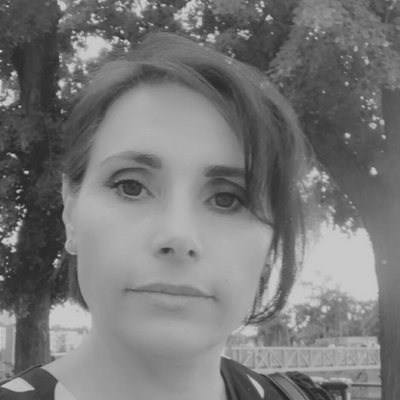


MSc. Iniana Baboçi
Pursuing a PhD, Assistant LecturerDepartment of Medical Sciences and Health
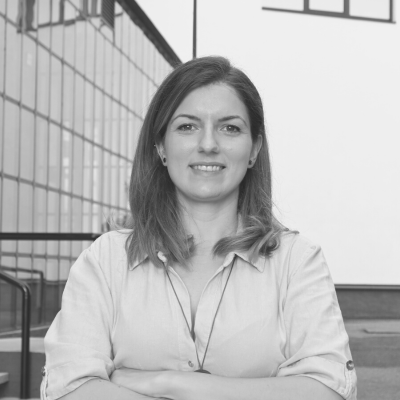
Msc. Lorena MATO
Pursuing a PhD, Assistant LecturerDepartment of Medical Sciences and Health

Msc. Inesa DELIMETA
Dental Laboratory CoordinatorDepartment of Medical Sciences and Health

Msc. Gëzim Kamenica
Dental Laboratory ManagerDepartment of Medical Sciences and Health

PROGRAM LINES-INTERRELATED SECTORS
The goals of Pharmacovigilance are to improve patient care and patient safety regarding the use of medications; and support public health programs by providing reliable and balanced information for the effective evaluation of the risk-benefit profile of drugs
This sector reviews the practical application of health economics research and outcomes to optimize the allocation of health care resources. The complex issues of Pharmaco-Economics relate to all health care interventions. This discipline deals with the costs of medications by comparing them with their curative results.
During the last years, skin care has increased and at the same time the use of pharmaceutical products. Having the necessary knowledge, specific preparations can be formulated depending on the characteristics of the skin, balanced and personalized for each patient.
Surgical procedures carried out in the mouth, starting from dental extractions, of remaining roots, remodeling of soft or hard tissues of the jaws, and placement of implants, on which works will be based to replace the missing teeth. Treatment of tumoral pathologies of the OMF region, salivary gland pathologies, reconstructive surgery, etc.
 English
English Shqip
Shqip


